Corporate Monthly
GIMSUN Monthly Magazine No. 20
addtimes:2021-03-29 click:1350 author:gimsun
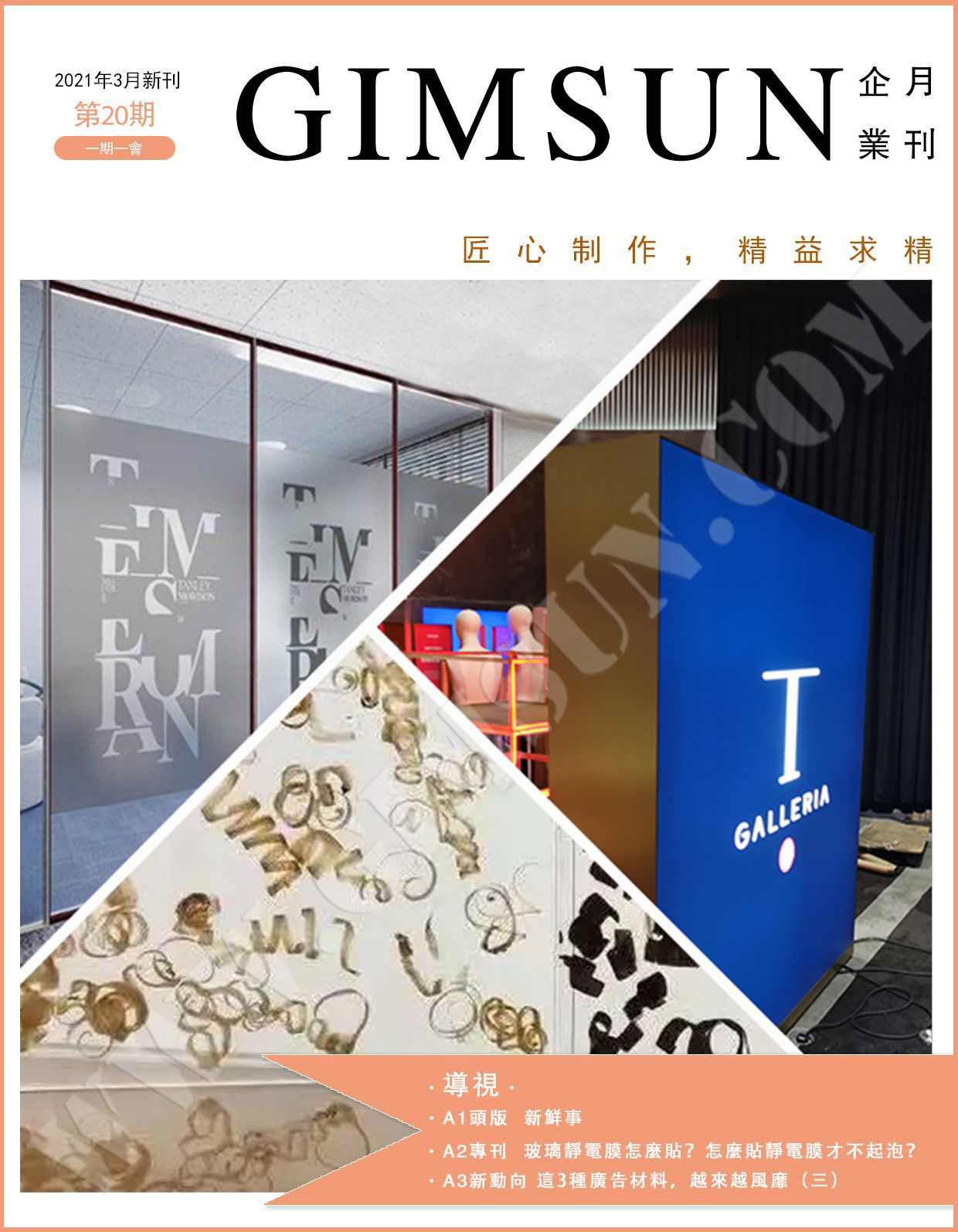

GS·News
The double-sided floor light box produced by Jiancheng has always been made of high-grade aluminum, and the light is uniform, and there is no shadow at all. This kind of light box is double-sided lighting and is installed in a card cloth inlaid with a rubber strip, which is easy to assemble and disassemble Used and loved by many brands. Some time ago, we customized a large double-sided light box designed with hidden wheels to push for a customer in Macau, and shipped it to Macau for installation. The quality and installation effect of the light box are highly recognized by customers.
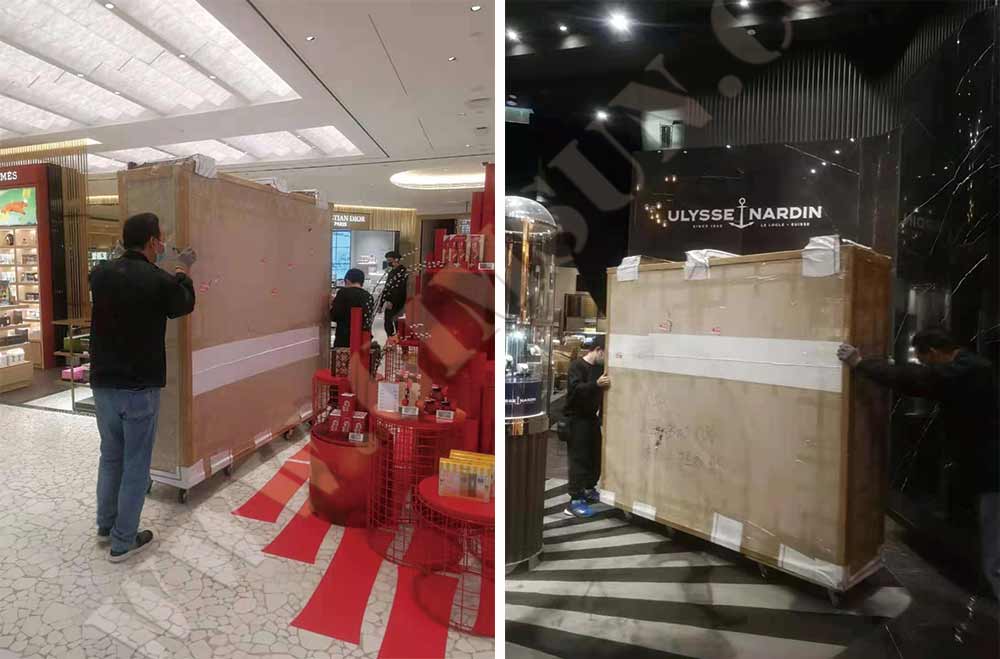
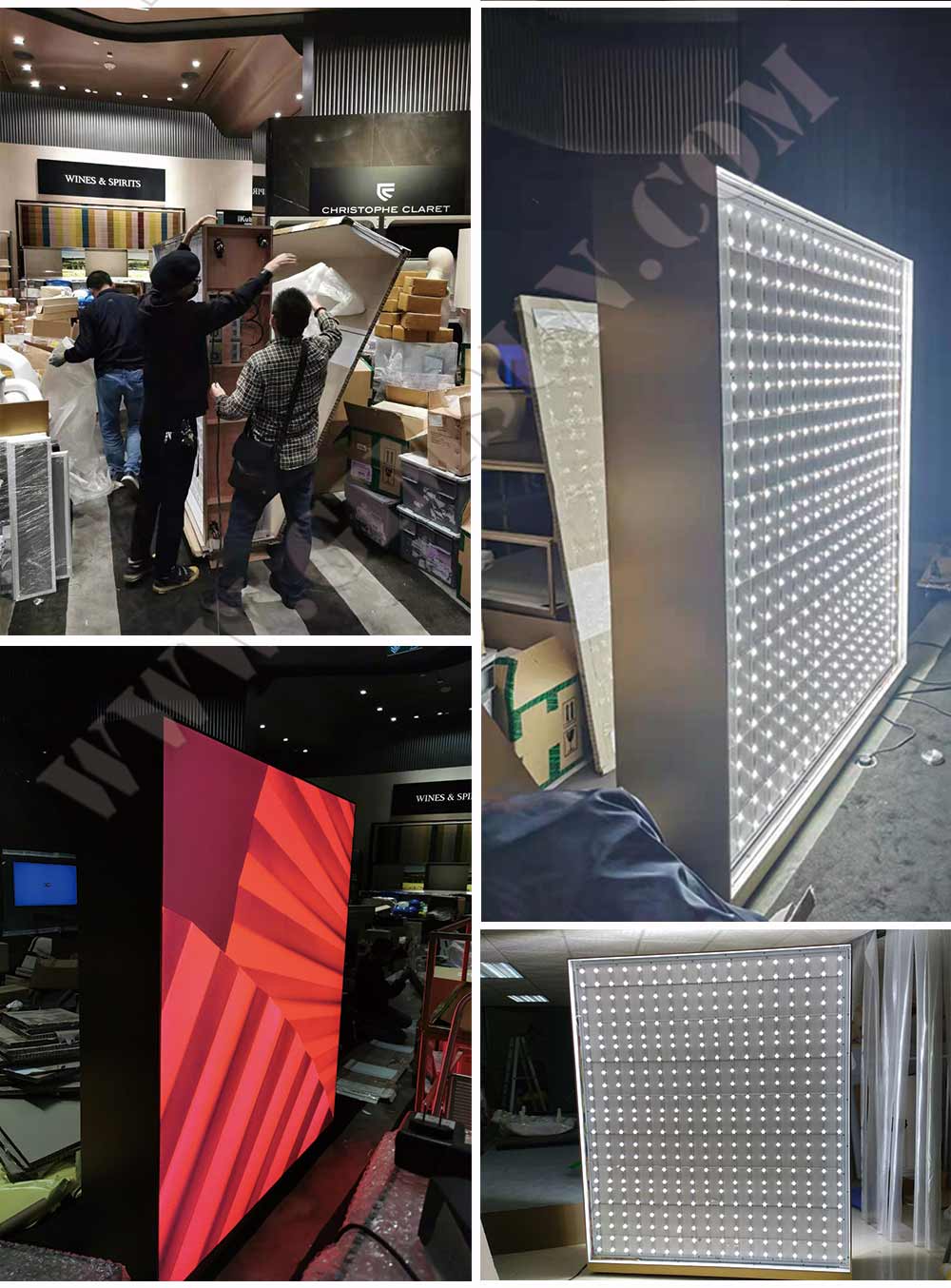
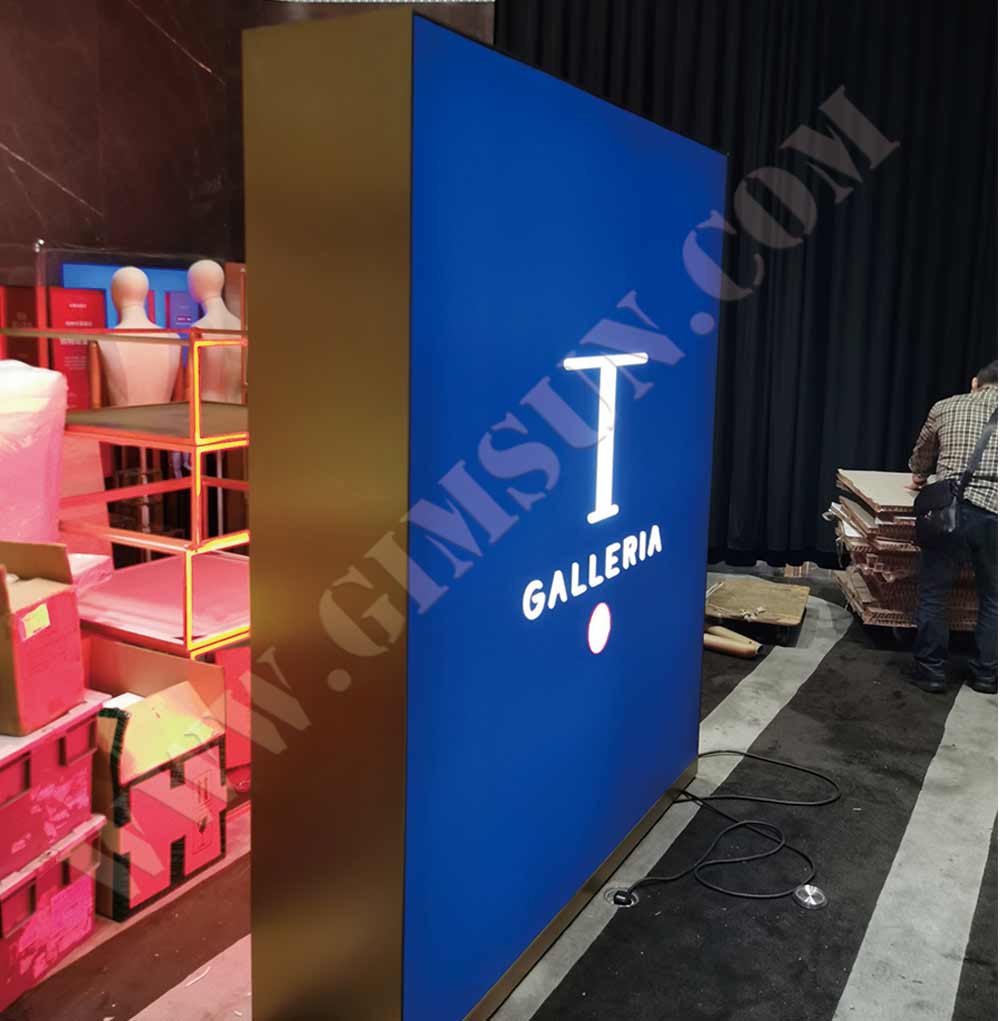

GS •Tell you
How to paste the glass electrostatic film? How can I stick an electrostatic film to prevent blistering?
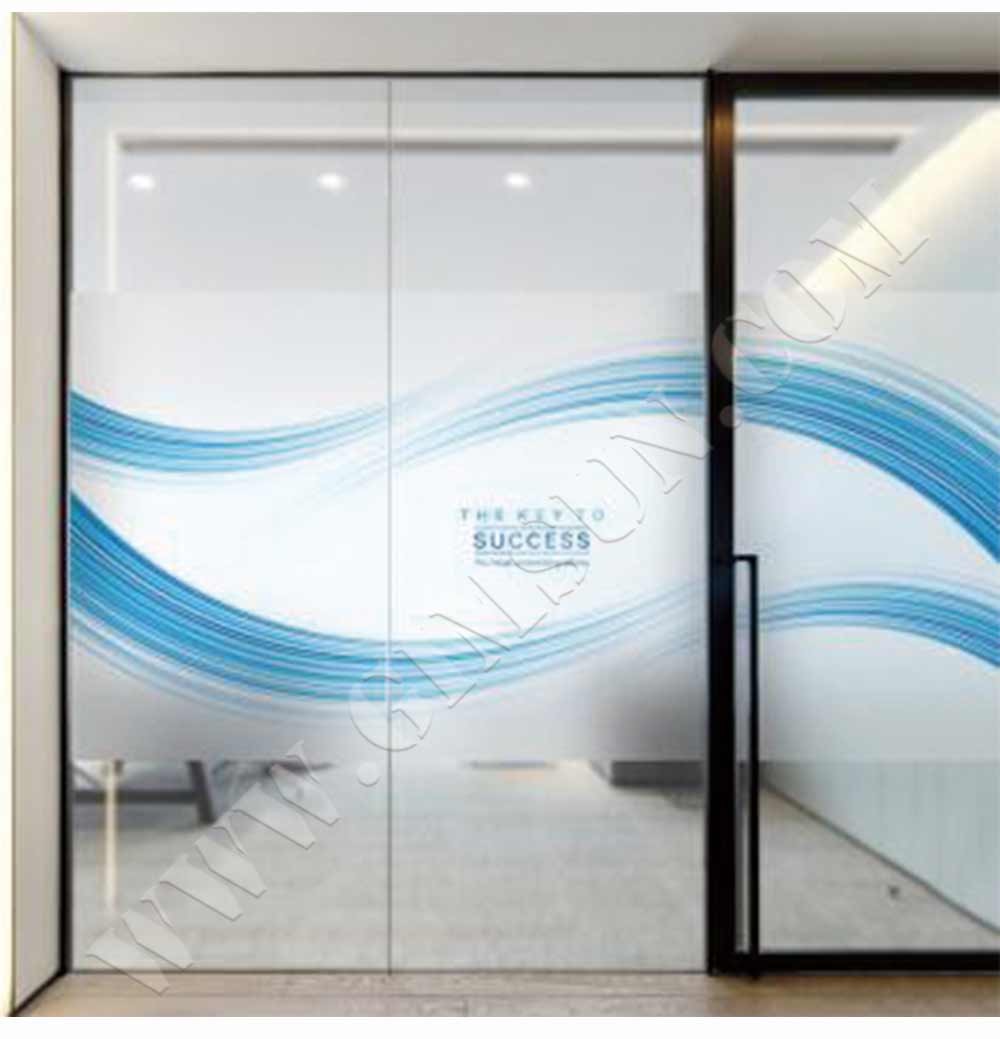
First of all, we suggest to stick it indoors, and make sure that there is no other project in the construction site to reduce the amount of dust floating, so as to ensure that the film does not foam. It must be speedy when spraying the film with detergent and water.
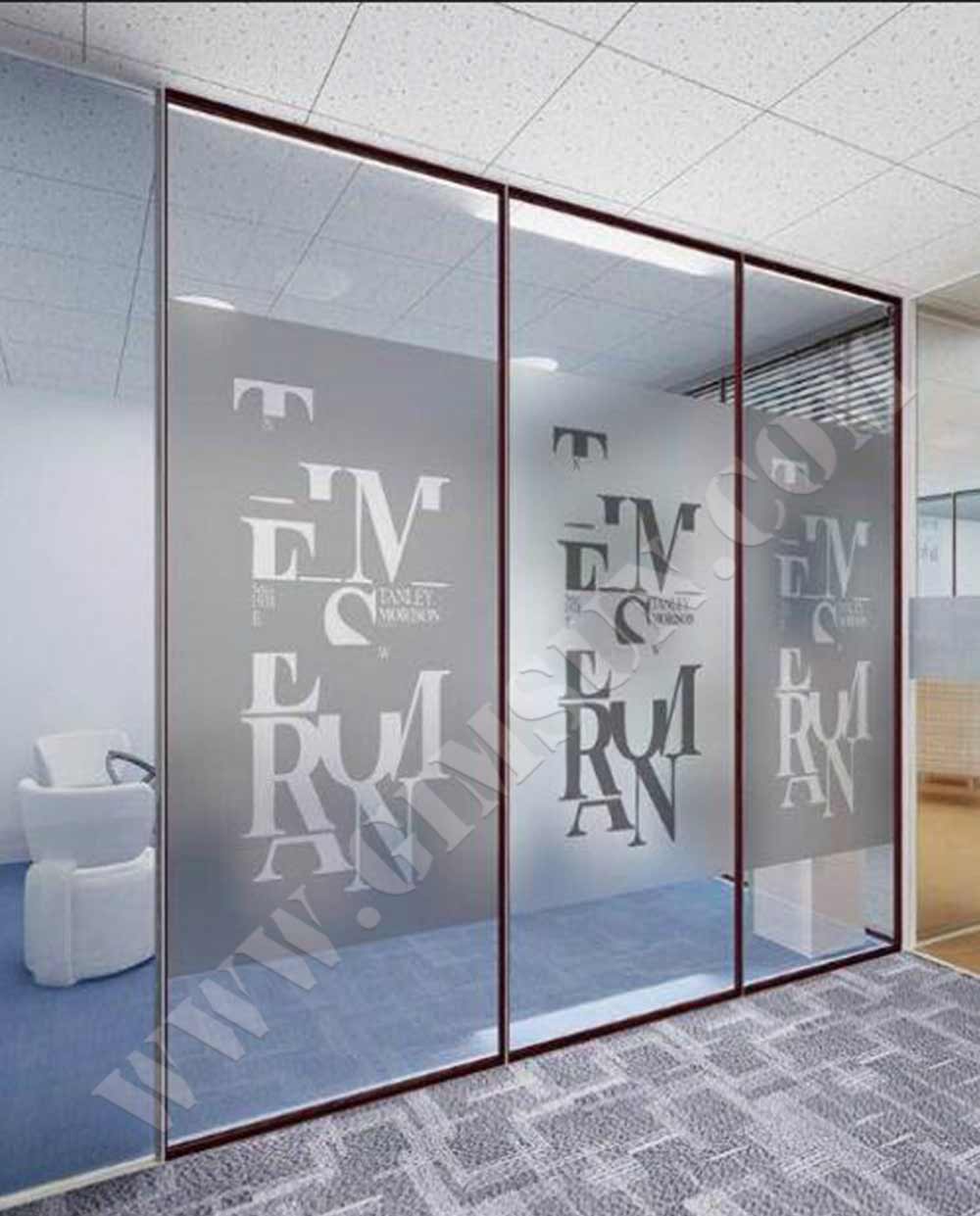
Let's take a look at the specific approach.
1. Size: The size of the film screen is preferably about 1cm larger than the size of the veneer, so as to reduce the trouble of repeated sticking caused by crooked sticking;
2. Cleaning the glass: wipe off the stains and dust on the glass before applying the electrostatic film, and spray enough water on the glass (add one or two drops of detergent is better) until the water will flow down. The purpose of spraying water is to temporarily reduce the stickiness of the film to facilitate the movement of the screen, and it will not affect the effect after it dries;
3. Remove the back release film: After removing the release film, spray enough water on the reverse side (adhesive side) of the electrostatic film, so that you can easily move the screen back and forth during the pasting process, which is good for pasting in a suitable position;
4. Pasting: First, after measuring the electrostatic film on the glass, paste it on the upper side of the glass and align it, and then paste it from top to bottom. If you don’t have a one-time alignment, you can uncover it again and paste it again (this is the benefit of spraying water)
5. Air bubbles: Use a scraper to scrape water and air bubbles from the center to the periphery. The water and air bubbles that cannot be driven out can be pierced with a needle or a knife and smoothed until there are no air bubbles at all and the electrostatic film is completely stuck on the glass;
6. Cut off the remaining part: After pasting, use a blade to cut off the excess part around it.
Have you learned it?

GS ·New Trends and New Perspectives
These 3 kinds of advertising materials are becoming more and more popular (3)
Coming to the third issue, it is also the third of the three popular advertising materials, flow crystal.
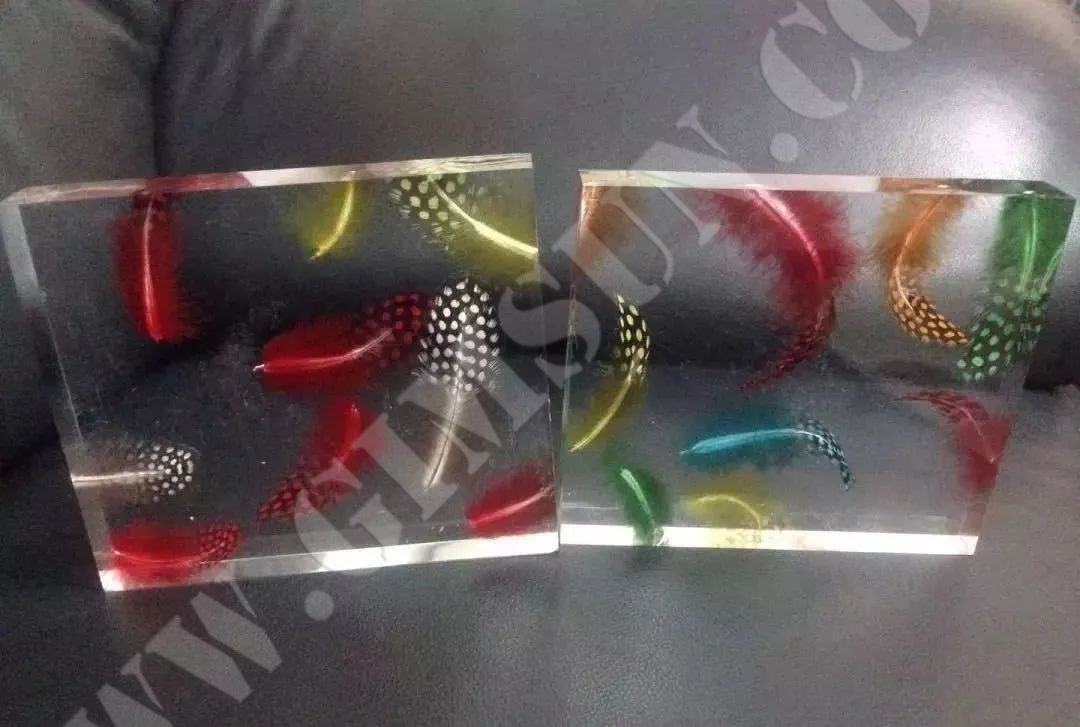
Flow crystal
I wonder if you have ever heard of "liquid crystal". Flowing crystal, as its name implies, is "flowing crystal". It is a high-level synthetic material. The crystal material is transparent, high in density, and shining like crystal. Flow crystals are widely used in the production of advertisements, decorations, furniture, sculptures, screens, ornaments, lamps, cultural creations, specimens, teaching utensils, etc.
Flow crystal adopts embedded technology, presenting a new art form. The objects displayed multi-faceted three-dimensional exquisite visual effects under the package of liquid crystals are breathtaking. In the process of processing, in order to ensure the permeability of each part, manual polishing is used, which is a time-consuming and laborious traditional operation.
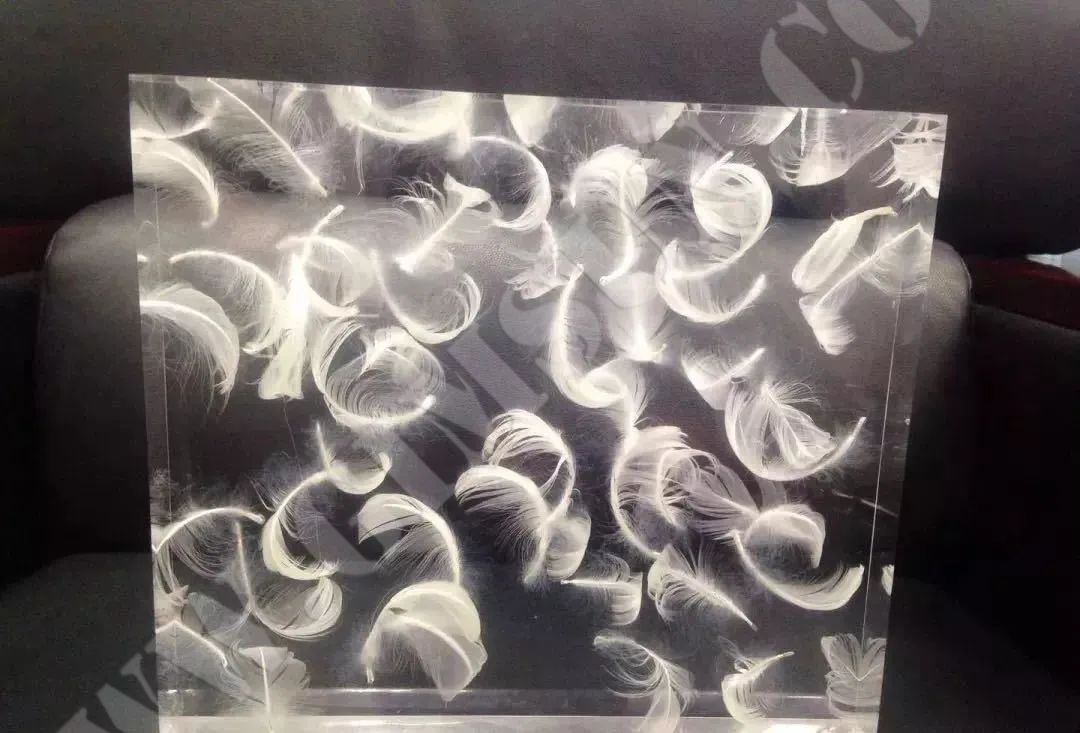
Flow crystal can be combined with a variety of materials, such as wood, ore, feathers, dried flowers, dried fruits... Because of the uniqueness of the material, each flow crystal product is a unique artwork. At the same time, the shape and size can be processed according to specific needs to create products with high-intensity visual impact.
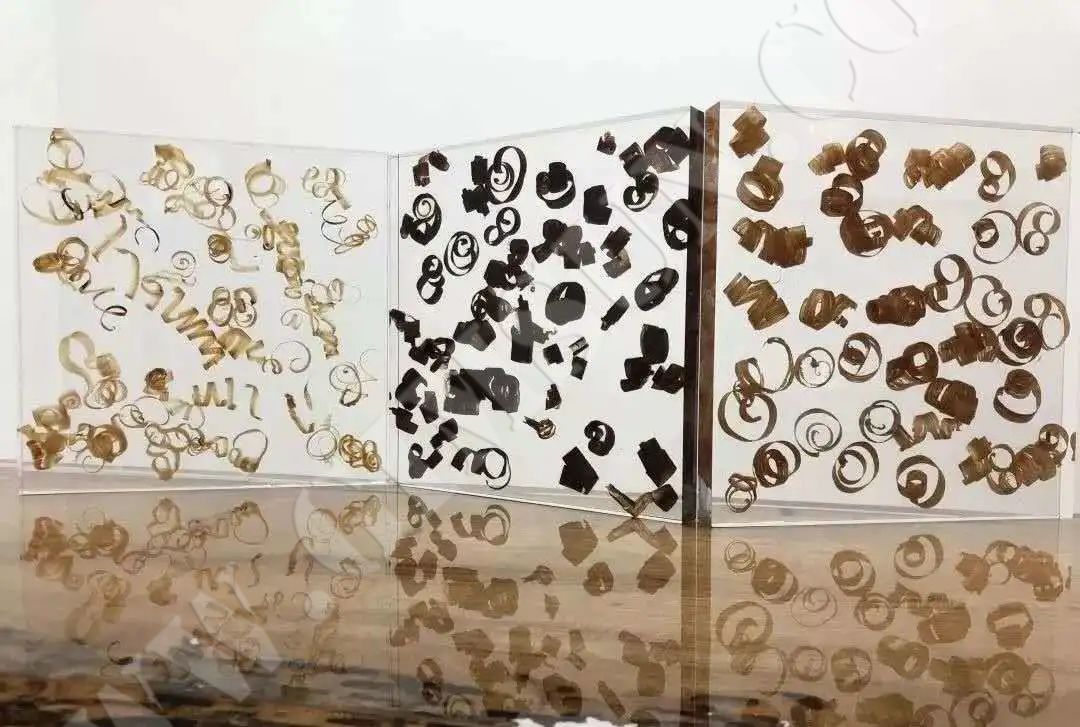
For the advertising industry, the choice of materials is of utmost importance. Do the three special new materials introduced in three consecutive issues give you some special production inspiration?